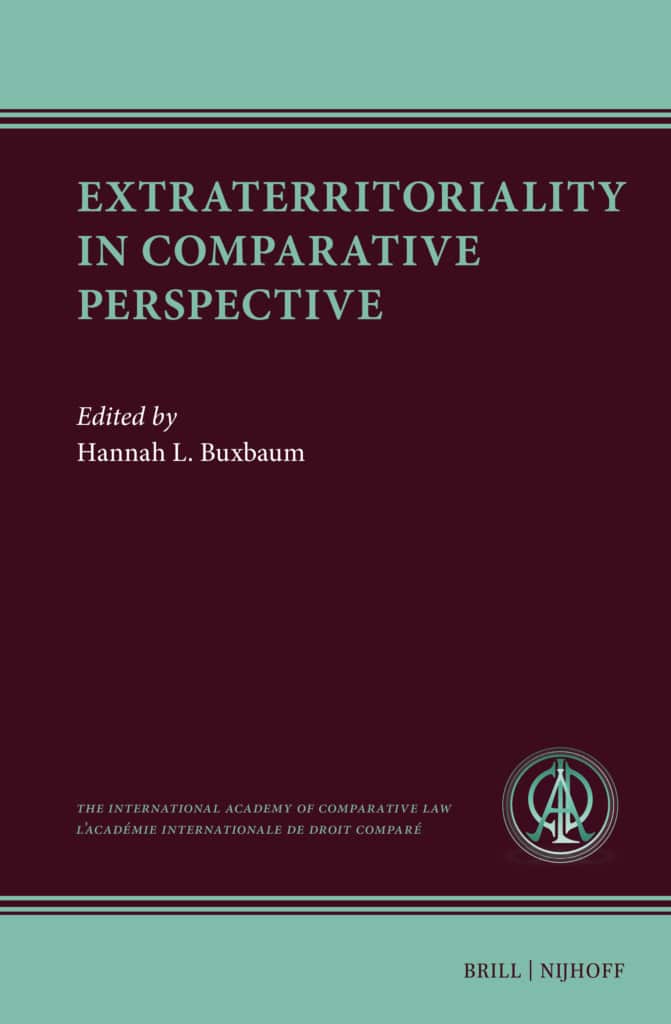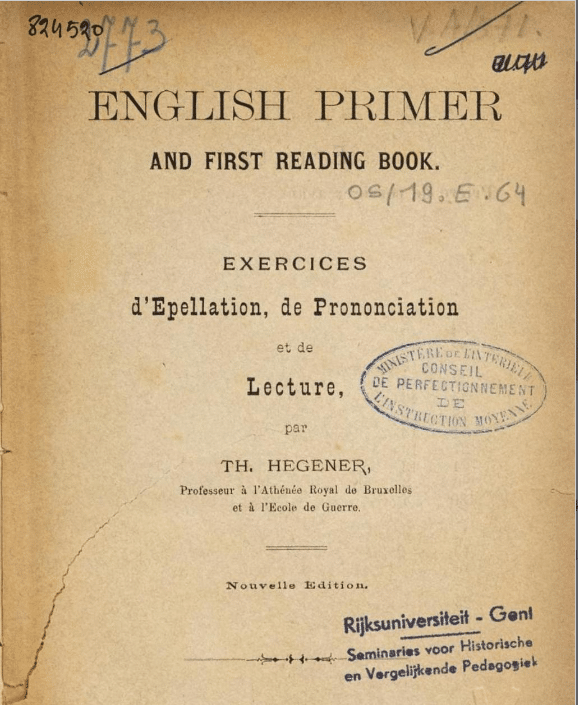Business and Human Rights Litigation
On January 22-24, 2025, the Bonavero Institute of Human Rights at Mansfield College, Oxford, hosted a roundtable on business and human rights litigation. The roundtable discussed draft chapters for the Cambridge Handbook on Business and Human Rights Litigation, edited by Hassan Ahmad, Ekaterina Aristova, and Rachel Chambers, which is slated for publication next year. The…
Continue ReadingChoice of Law in the American Courts in 2024
The thirty-eighth annual survey on choice of law in the American courts is now available on SSRN. The survey covers significant cases decided in 2024 on choice of law, party autonomy, extraterritoriality, international human rights, foreign sovereign immunity, adjudicative jurisdiction, and the recognition and enforcement of foreign judgments. This annual survey was admirably maintained by Symeon Symeonides for…
Continue ReadingCisco’s Cert Petition
Last Friday, January 31, 2025, Cisco Systems filed a petition for certiorari asking the Supreme Court to review the Ninth Circuit’s decision in Doe v. Cisco Systems, Inc. (2023), a decision holding that claims of aiding and abetting may be brought under the Alien Tort Statute (ATS) and Torture Victim Protection Act (TVPA). As more…
Continue ReadingExtraterritoriality in Comparative Perspective
Extraterritoriality has been on the outs with the Roberts Court, which has curtailed the reach of U.S. trademark, human rights, securities, and racketeering laws via the presumption against extraterritoriality. But globally, extraterritoriality may be on the rise. Countries have flexed their extraterritorial muscles to address data privacy, human rights, competition law, tax base erosion, and…
Continue ReadingCC/Devas (Mauritius) Limited v. Antrix Corp.: International Arbitration and Constitutional Avoidance
I suspect that CC/Devas (Mauritius) Limited v. Antrix Corp. Ltd. caught the eye of the Supreme Court because of an interesting constitutional question: Does the Due Process Clause of the Fifth Amendment apply in civil suits brought against foreign states in U.S. courts? More than thirty years ago, Justice Scalia, writing for a unanimous Court…
Continue ReadingCall for Papers: International Law in Domestic Courts
The next International Law in Domestic Courts (ILDC) Workshop will be held at the George Washington University on Friday, May 23, 2025. The ILDC is an interest group of the American Society of International Law. Its purpose is to promote dialogue among scholars and lawyers who are interested in issues pertaining to the application of…
Continue ReadingRule 19 and Continuing Litigation in Peterson v. Bank Markazi
Last November, the Second Circuit decided in Peterson v. Bank Markazi that Bank Markazi, Iran’s Central Bank, remained immune from suit under the Foreign Sovereign Immunity Act (FSIA) despite the enactment of 22 U.S.C. § 8772, which subjects certain Iranian assets to “execution or attachment” to satisfy judgments against Iran. The district court will now…
Continue ReadingSupreme Court CVSGs in Terrorism Case
On January 13, 2025, the Supreme Court called for the views of the Solicitor General in Borochov v. Islamic Republic of Iran. (This is commonly known as a “CVSG.”) The question presented is whether the Foreign Sovereign Immunities Act’s (FSIA) exception for state sponsors of terrorism, 28 U.S.C. § 1605A, extends to cases in which…
Continue ReadingA Primer on Service-of-Process Clauses
A service-of-process clause is a contract provision that specifies how a summons and a complaint shall be served upon a person named as a defendant in a U.S. court. This post surveys the issues presented by such provisions. It first discusses the three most common varieties: (1) those that specify a method by which process…
Continue Reading







